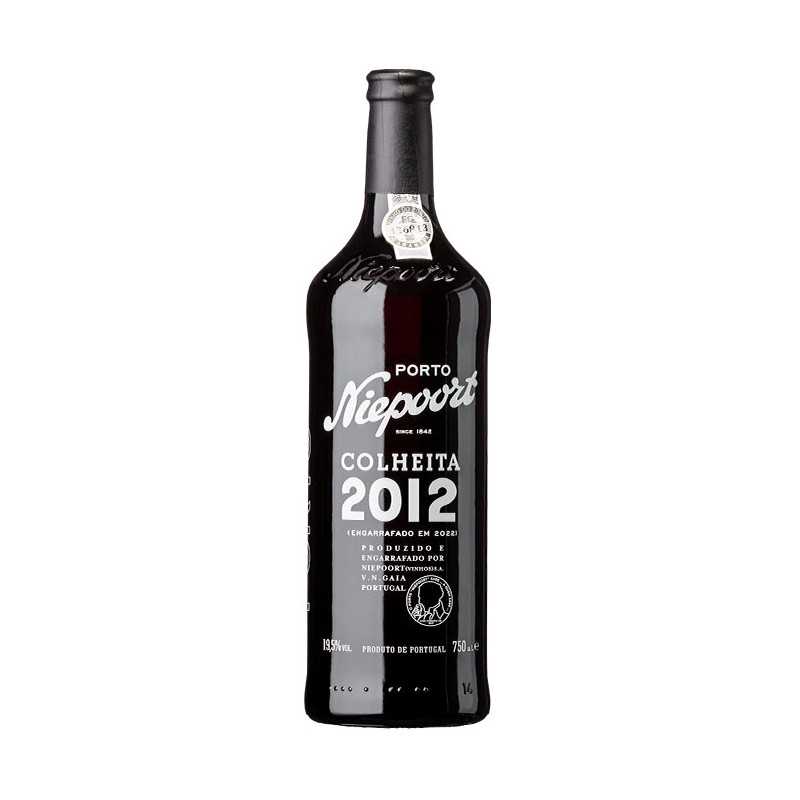



Colheita Ports are Tawny Ports from a single harvest aged in wood for at least seven years before being bottled. Colheita 2004 by Niepoort is wonderful on its own at the end of a meal or on a cold winter afternoon in front of an open fire
Colheitas are dated Tawnies aged in small casks. The minimum age requirement is 7 years, but the tradition at Niepoort is to age several more years before bottling. The wine takes on a Tawny hue. Wood and nutty tones are evident on the palate due to the wine’s slow ageing in old casks. Colheita goes well with dry fruits desserts and the portuguese "Leite Creme queimado". As a starter, the combination with foie gras is impressive

Política de segurança

Política de entrega

Política de devolução
 Nenhuma avaliação no momento
Nenhuma avaliação no momento